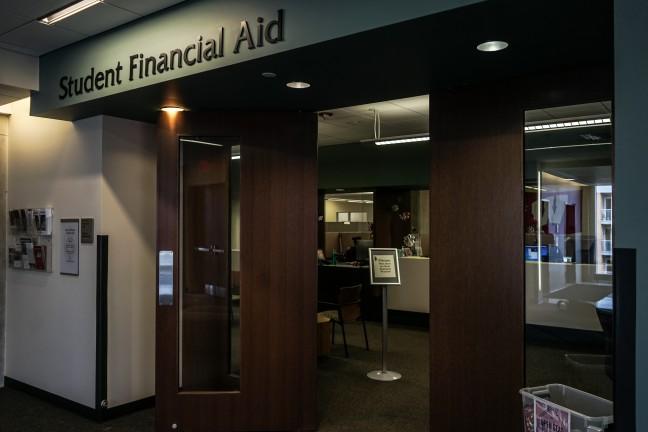Mayor Satya Rhodes-Conway sent a request Aug. 10 to the Wisconsin Public Service Commission, which regulates public utilities in Wisconsin, for an extension of the moratorium on utility disconnections. This request is in response to financial struggles that arose due to the COVID-19 pandemic.
According to the Citizens Utility Board of Wisconsin, the current utility shut-off moratorium is set to end Sept. 1, 2020, but Rhodes-Conway’s new plan would move that expiration date to Spring 2021. An extension of the moratorium would permit those living in Wisconsin who are unable to pay utility bills to communicate with their utility provider and postpone their payments. In her request to the PSC, Rhodes-Conway said the shut-off would help residents struggling financially due to the pandemic, unemployment or other economic constraints.
Since apartment and home leases are legal documents, it can be difficult for students to get out of their leases if they are unable to live in Madison this upcoming semester due to COVID-19. According to Campus Area housing, a sublease allows students to have someone else live in their apartment and pay rent if the apartment owner cannot stay in the apartment.
University of Wisconsin sophomore Yoonjin Lee is an international student from Singapore. As is the case with many students, the COVID-19 pandemic has affected both Lee’s education and the off-campus opportunities she expected to pursue as part of her college experience.
New COVID-19 Connect app provides information, support to Wisconsin residents
“I was contemplating back and forth of whether I should come back [to campus] because I still wanted to continue my studies, but I would be worrying my family members,” Lee said. “I ended up making the choice to come back because I already had signed an apartment lease that I couldn’t easily back out of, so it was definitely a stressful decision for me to make.”
According to the U.S. Bureau of Labor Statistics, the unemployment rate in Wisconsin rose from 3.5% in February 2020 to 13.6% in April and then dropped to 7% in July. Given the overall increase and volatility of unemployment rates, some families face an uncertain financial situation.
Associate Director for Advising and Outreach in the UW Office of Student Financial Aid, Greg Offerman, said the Free Application for Federal Study Aid can help students whose financial circumstances have changed since 2018.
For students who are U.S. citizens, keeping their FAFSA forms updated to include their family’s financial situation can be beneficial for finding ways to make college more affordable. According to the FAFSA website, the FAFSA can be filled out by any U.S. citizen and allows students to be matched with grants, scholarships, work-study programs, loans and more to suit their current financial situation.
“The 2021 FAFSA this year uses 2018 tax information, so a lot can change under normal circumstances from 2018 through the first seven and a half months of 2020, especially during the 2020 we’ve had with the pandemic,” Offerman said. “So what students can do is send us a letter of special circumstances or appeal indicating what exactly has changed with their financial circumstances since 2018. Then, we can take that into consideration to make sure that their FAFSA information is as accurate as it possibly can be, so we can give them need-based aid accordingly.”
Students with financial concerns should reach out to the UW Office of Student Financial Aid. Senior Financial Aid Advisor Joselyn Diaz-Valdes, said an advisor can not only provide help to students seeking financial aid, they can also assist students in setting up a budget to manage their finances going forward.
According to the office’s website, international students who attend school on a visa are not eligible for aid through the office, but students can contact International Student Services for more information on programs available to international students.
While programs on campus like the ISS and Office of Student Financial Aid cannot help students living off campus pay their utility bills and rent, they can help students obtain money in other ways, such as scholarships and grants. In addition, the extended moratorium on utility disconnections would allow students the opportunity to continue living in Madison, even if their financial circumstances shifted since the beginning of the COVID-19 pandemic.
While this extension would provide much-needed financial assistance, Lee, like many other students returning to off campus housing, still has other concerns surrounding the start of the semester.
“As an international student who is studying art education, I wanted to find opportunities to teach kids, but I don’t feel safe and secure knowing that the death count for COVID is drastically going up in the U.S,” Lee said.

















